Description
Formed in the late 60s, Chicago recorded numerous hits, including number one in the US, throughout the 70s and 80s, and continues to be active today while changing its musical style and members over time. Since their debut, they have been noted as a representative brass rock band with a horn section, and have gained popularity in Japan as a cutting-edge rock band that differs from the later 80s AOR line, with political messages and advanced performance skills in jazz and progressive developments. In 1971, they made their first visit to Japan, ahead of Led Zeppelin and Pink Floyd. Due to their popularity and positive reviews, they returned to Japan the following year in June 1972. The official album “Live in Japan”, which was released only in Japan at the time, was also released, recording this 1972 Japan performance, but the live album was an edited version of the three days of the Osaka performance. Meanwhile, the one broadcast on TV at the time was the Budokan concert on June 8th, and this is a complete recording of the Tokyo performance, which is different from the official Osaka performance. Many new songs from the new album “Chicago V,” which had not yet been released at this time, including “Saturday in the Park” and “Dialogue (Parts 1 & 2),” which would later become the biggest hit singles at the time, were performed live for the first time. The wonderfulness of the band’s Japan tour at the height of their power in the 1970s can be reaffirmed once again through the sound and video of this Tokyo performance, which is different from the Osaka performance. The CD includes a soundboard sound source that is different from the video source broadcast on TV, and several unreleased songs are supplemented with audience recordings to completely reproduce the entire concert on that day. The mono sound source at the time has been converted to a 4-track stereo master using the latest sound source analysis. The vocals have been clearer and the instruments have been separated, including the soundboard and audience recordings, resulting in a new stereo remastered sound source that allows you to hear the performance more realistically. The DVD includes 90 minutes of professional shot footage of the Budokan performance that was broadcast on TV at the time, as well as 24 minutes of archive film footage edited completely separately. Although it is not the entire concert, it is a valuable record of the Budokan performance that revives the excitement and emotion of the time. The 90-minute TV broadcast version has been remastered and has been subjected to image restoration such as color correction, and the audio is also recorded with three types of audio options. In addition to the latest 4-track stereo master like the CD, you can listen to the pseudo-stereo video sound source and the original mono sound source of the TV broadcast at that time by selecting and playing each sound source. The archive film footage is excavated footage that was once broadcast on a local station and then shelved, and not only does it include songs that were not included in the 90-minute TV broadcast version, but the video itself has little deterioration and the overlapping songs are all must-see alternate versions with different angles and editing. In addition to the latest 4-track stereo master, the audio here also includes the original mono sound source that is faithful to the master, although it is difficult to listen to in terms of sound quality. Both are DVD collections that will make fans of the past cry, as they have been restored with the latest remastering of existing footage. Chicago’s 1972 Japan Tour, one of the legends of 70’s rock! This is the latest in the series of 2CD & DVD special collector’s editions to commemorate the 50th anniversary! The 1972 Budokan performance is recorded for the first time in 4-track stereo remastered sound source! The soundboard sound source is the main focus, and several unreleased songs are complemented with the highest quality audience recording sound source, and the entire concert is completely reproduced in the best and longest original edit! The legendary TV broadcast Budokan performance is completely recorded with remastered footage and original edit with three types of sound source selection! Completely different edited archive film footage appears for the first time! 2CD&DVD:50TH ANNIVERSARY COLLECTOR’S EDITION [2CD+1DVD] LIVELEGEND ARCHIVES CD1 1. CONCERT OPENING 2. INTRODUCTION 3. BEGINNINGS 4. NOW THAT YOU’VE GONE* 5. MOTHER 6. STATE OF THE UNION 7. LOWDOWN BALLET FOR A GIRL IN BUCHANNON (MEDLEY) 8. MAKE ME SMILE 9. SO MUCH TO SAY, SO MUCH TO GIVE* 10. ANXIETY’S MOMENT* 11. WEST VIRGINIA FANTASIES* 12. COLOR MY WORLD* 13. TO BE FREE* 14. NOW MORE THAN EVER CD2 1. DIALOGUE (PART I&II) 2. FANCY COLOURS 3. SATURDAY IN THE PARK 4. A SONG FOR RICHARD AND HIS FRIENDS 5. ALL IS WELL* 6. A HIT BY VARESE* 7. FREE FORM PIANO* 8. DOES ANYBODY REALLY KNOWS WHAT TIME IT IS? 9. QUESTIONS 67&68 10. 25 OR 6 TO 4 11. I’M A MAN 12. FREE Live at Budokan, Tokyo, Japan June 8th 1972 Soundboard 4 Track Stereo Remix and Remasters 2022 * inc. Stereo Audience Recording Remaster DVD VIDEO LIVE IN JAPAN 1972 VIDEO COLLECTION LIVE AT BUDOKAN, TOKYO – JUNE 8TH 1972 : TV BROADCAST REMASTERS INTRODUCTION BEGINNINGS MOTHER STATE OF THE UNION MAKE ME SMILE LOWDOWN NOW MORE THAN EVER DIALOGUE (PART I&II) FANCY COLOURS SATURDAY IN THE PARK A SONG FOR RICHARD AND HIS FRIENDS DOES ANYBODY REALLY KNOWS WHAT TIME IT IS? QUESTIONS 67&68 25 OR 6 TO 4 I’M A MAN FREE Audio Option: 1 = 4Track Stereo Remix and Remasters 2 = Duophonic Stereo Video Master 3 = Original TV Broadcast Mono Master LIVE AT BUDOKAN, TOKYO – JUNE 8TH 1972 : ARCHIVE FILM VERSION (ALTERNATE EDIT) QUESTIONS 67&68 DIALOGUE (PART I&II) DOES ANYBODY REALLY KNOWS WHAT TIME IT IS? (FREE FORM PIANO) DOES ANYBODY REALLY KNOWS WHAT TIME IT IS? 25 OR 6 TO 4 Audio Option : 1 = 4Track Stereo Remix and Remaster 2 = Archive Film Mono Master DVD video NTSC 16:9 (4:3) Linear PCM stereo time approx. 90+24min. Robert Lamm – keyboards, vocals Peter Cetera – bass, vocals Terry Kath – guitar, vocals James Pankow – trombone, percussion Lee Loughnane – trumpet, percussio, vocals Walter Parazaider – woodwinds, percussion, vocals Daniel Seraphine – drums
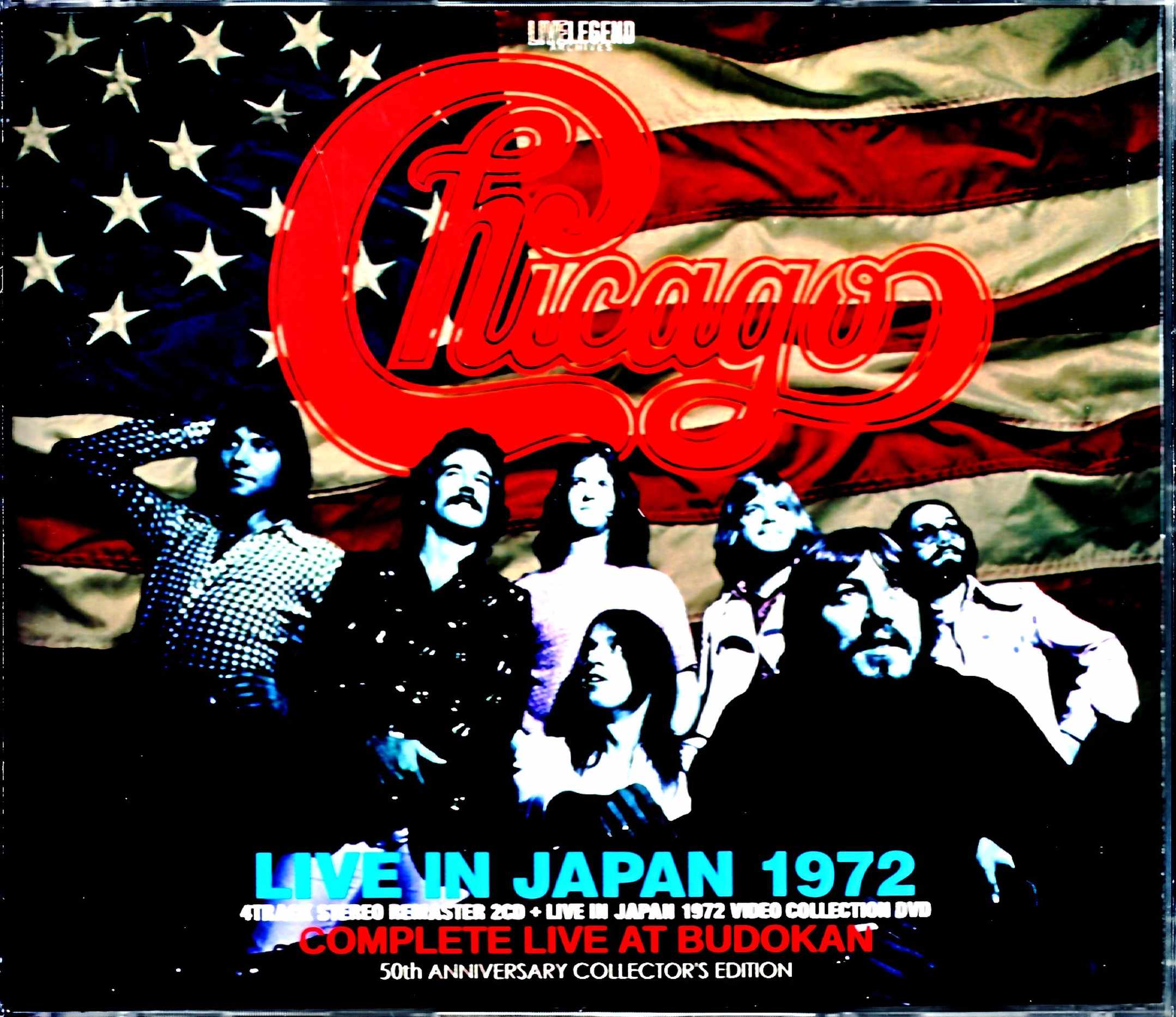
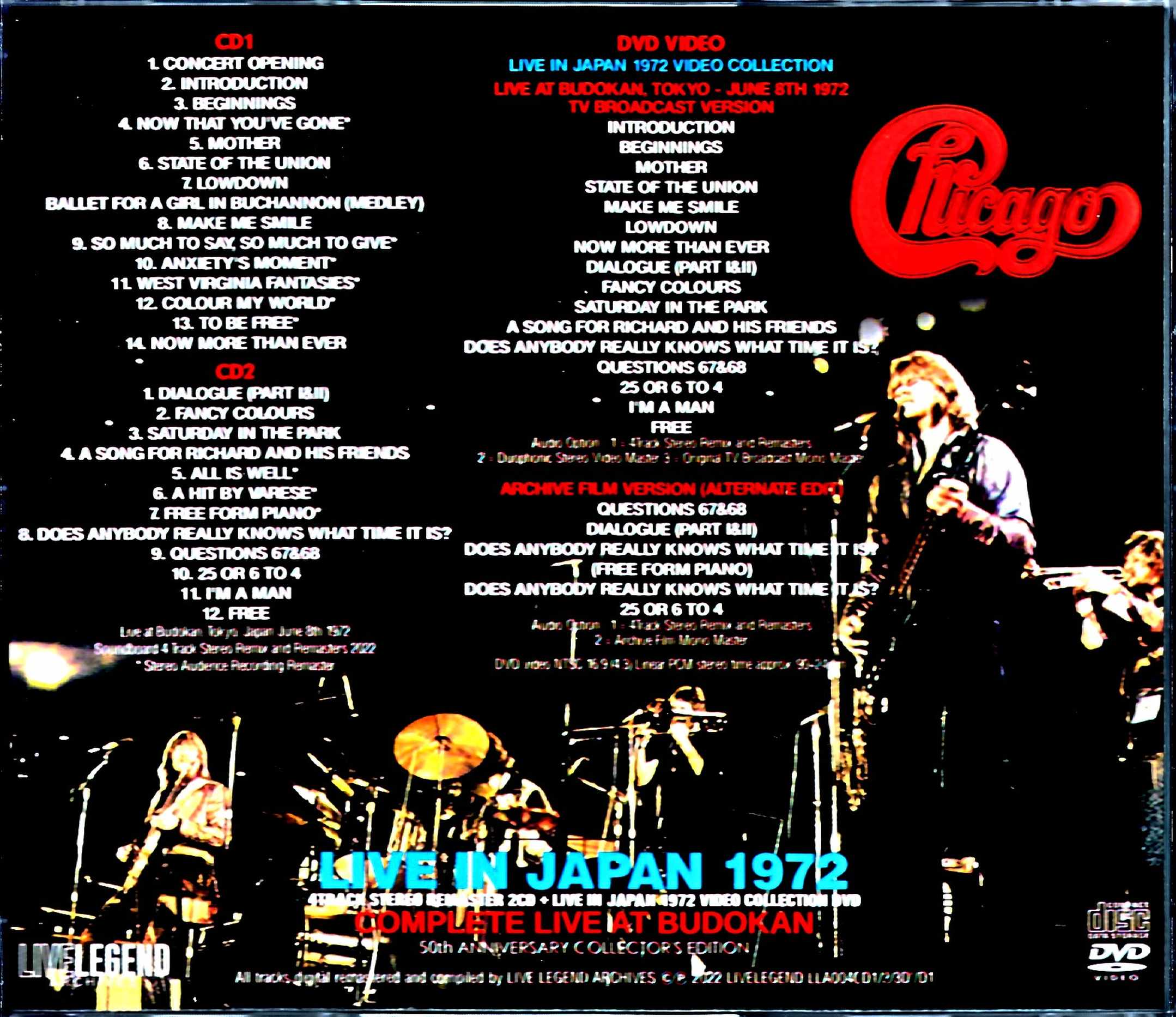

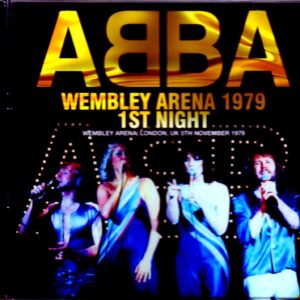
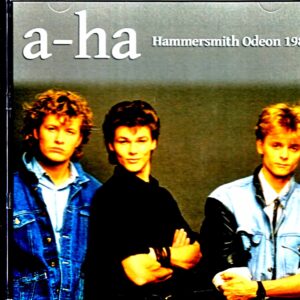
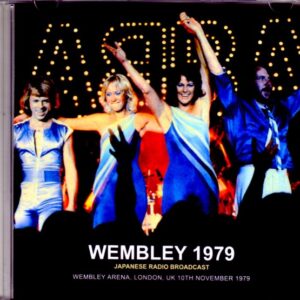
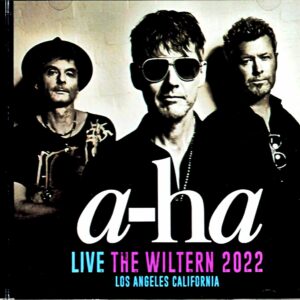
Reviews
There are no reviews yet.